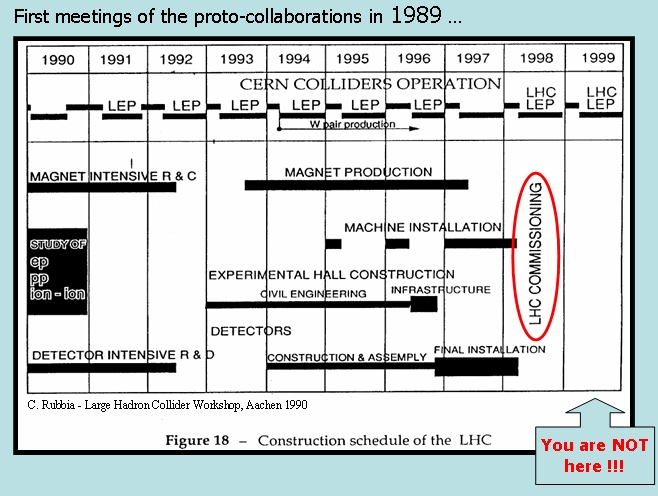 Living At The Polar Circle
Living At The Polar CircleSince 2022, when I got invited for a keynote talk at a Deep Learning school, I have been visiting...
 Conferences Good And Bad, In A Profit-Driven Society
Conferences Good And Bad, In A Profit-Driven SocietyNowadays researchers and scholars of all ages and specialization find themselves struggling with...
 USERN: 10 Years Of Non-Profit Action Supporting Science Education And Research
USERN: 10 Years Of Non-Profit Action Supporting Science Education And ResearchThe 10th congress of the USERN organization was held on November 8-10 in Campinas, Brazil. Some...
 Baby Steps In The Reinforcement Learning World
Baby Steps In The Reinforcement Learning WorldI am moving some baby steps in the direction of Reinforcement Learning (RL) these days. In machine...





 Tomorrow morning Venice will sink under a maximum tide predicted to reach 1.30 meters above average sea level. The event will occur at 8.35AM, a time when Venetian residents are in the streets trying to bring children to school or to reach their workplace. You can see the predicted evolution of the tide in the graph below, where the red curve shows the time variation of the season's average, and the blue one the actual prediction for tomorrow. The peak of 130 cm above average sea level is predicted to occur at 8.35AM -which is 2.35AM in New York, or 5.35PM in Tokyo.
Tomorrow morning Venice will sink under a maximum tide predicted to reach 1.30 meters above average sea level. The event will occur at 8.35AM, a time when Venetian residents are in the streets trying to bring children to school or to reach their workplace. You can see the predicted evolution of the tide in the graph below, where the red curve shows the time variation of the season's average, and the blue one the actual prediction for tomorrow. The peak of 130 cm above average sea level is predicted to occur at 8.35AM -which is 2.35AM in New York, or 5.35PM in Tokyo.




